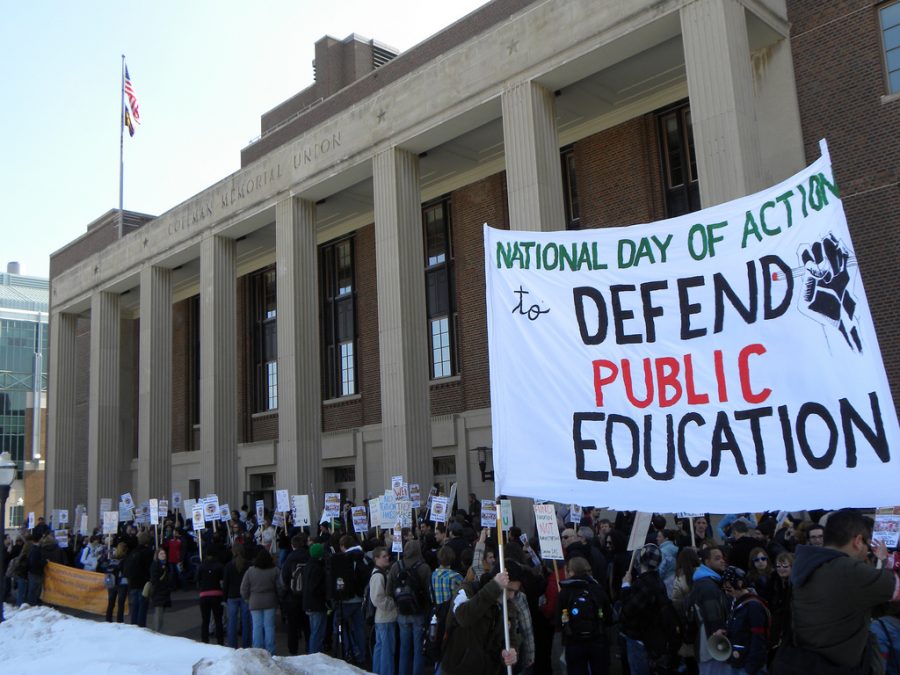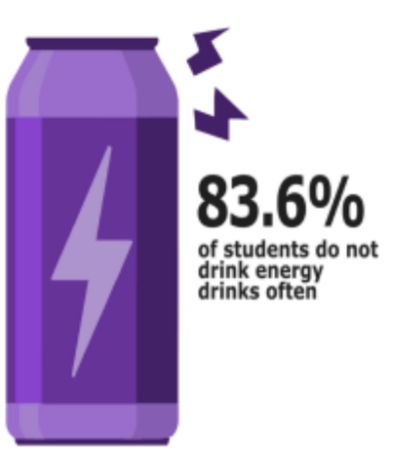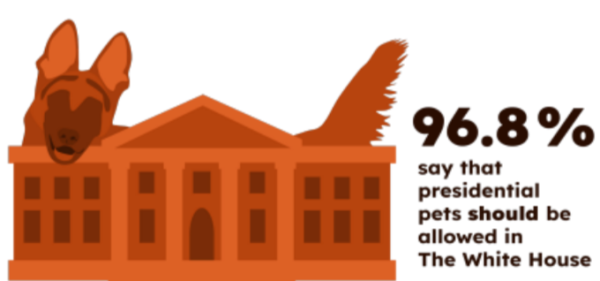School expulsion worsens behavior in the long run
People rally at the University of Minnesota in 2010 to defend public education.
November 21, 2018
Education is a legal right for every student in the world, according to Article 26 of the United Nations’ Universal Declaration of Human Rights. The U.S. government requires every student to attend school and complete the high school curriculum level in order to get a minimum wage job. But for kids with learning difficulties or behavioral issues, reaching such a level might be hard, considering the possibility of expulsion. Schools do not consider how suspension or expulsion scan be more harmful than beneficial to these students, and alter the course of their future.
Being expelled means a student is prohibited from returning to school permanently after one or more incidents. After an expulsion, parents of the student must consider alternatives such as private education or home-schooling.
But, there is a problem with this method. Since the public school system encompasses a wide range of students with different economic backgrounds, learning abilities and challenges, many students affected by expulsion may be those with academic challenges or those not able to afford private education, according to the Center of Child and Family Policy of Duke University. This is where behavioral problems can escalate into something much worse.
Suspension or expulsion can leave lasting effects on a student’s life and future. High school students expelled from school are ten times more likely to drop out or engage in criminal activities because of their inability to get a job and make a living, according to AAP News.
Expulsions and suspensions prove to be a superficial ways to deal with problems, usually ignoring underlying issues a student could be facing. This worsens the problem instead of solving it by working with the student in order to get them the help they need to succeed.
Ironically, out-of-school suspension and expulsion do nothing but contribute to the behavioral problems that created an issue in the first place. Expelling a student only places them back in the environment that sparked those behaviors, which will only make them worse over time.
Expelling a student is not be the best way to hold a child accountable for their actions. In fact, expulsion is more harmful than beneficial in the long term. It is necessary that teachers and school officials get students the help they need for future success.














